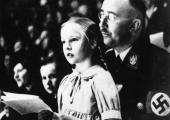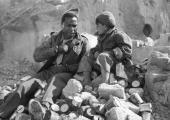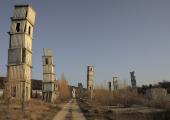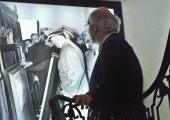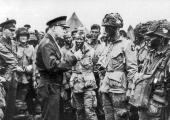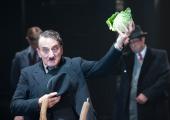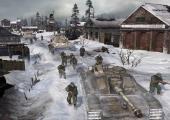IMAGINE...ANSELM KIEFER, BBC ONE Entertaining but two-dimensional, Alan Yentob's account glosses over the artist's flaws
Entertaining but two-dimensional, Alan Yentob's account glosses over the artist's flaws
Anselm Kiefer reminds me a bit of someone I once worked for. Totally unpredictable, and possessed of a formidable intelligence and creativity, his mental leaps can be bewilderingly hard to follow, leading occasionally to truly breathtaking results, but crashing and burning just as often. Everyone else, like me, or in Kiefer’s case his long-suffering assistant Tony, not to mention poor old Alan Yentob, has to trot along behind, barely able to keep up with the barrage of ideas, questions and orders, let alone judge whether any of it is any good.


